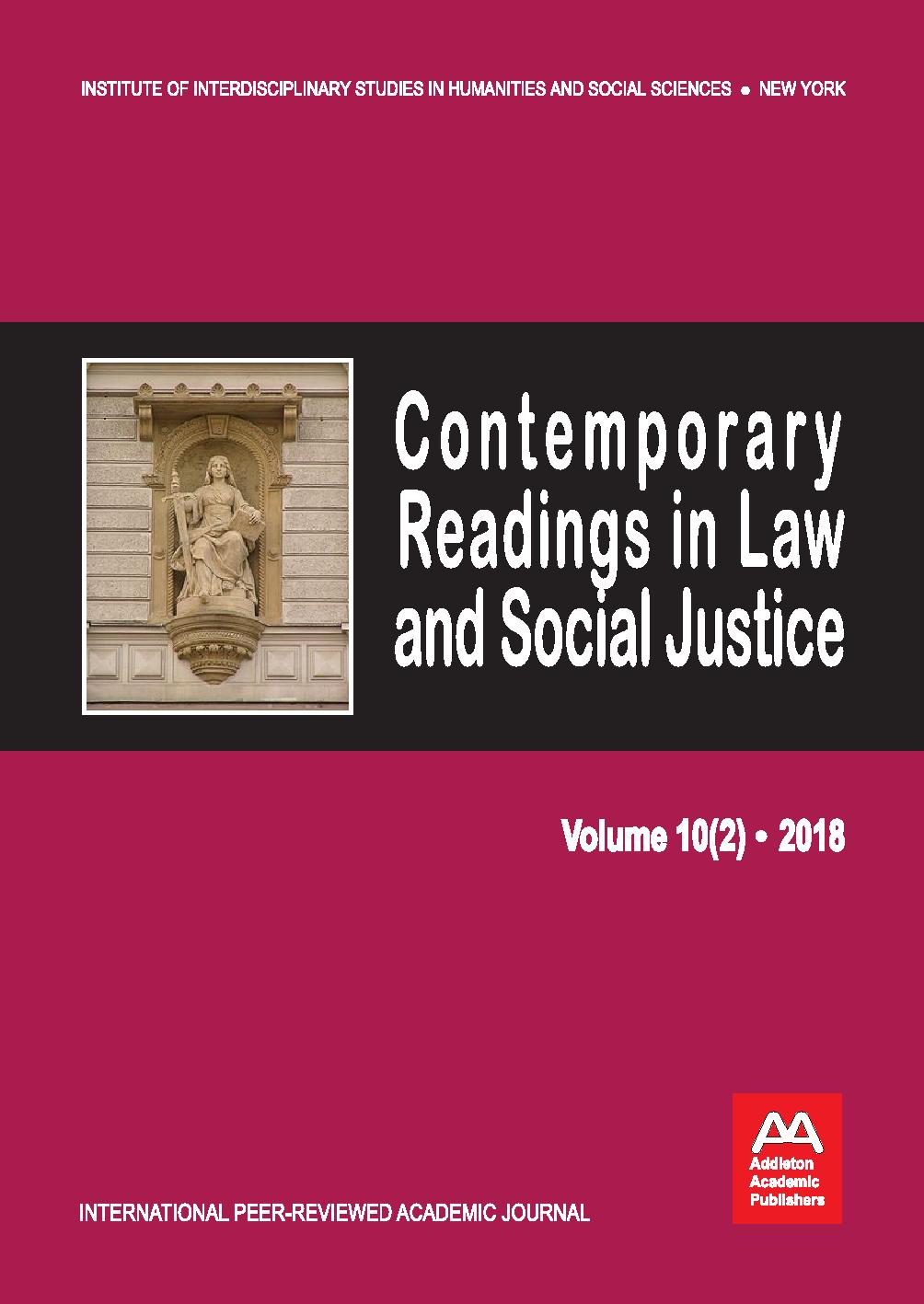GENDERED POWER DISPARITIES, MISOGYNIST VIOLENCE, AND WOMEN’S OPPRESSION: THE #METOO MOVEMENT AGAINST WORKPLACE SEXUAL HARASSMENT
GENDERED POWER DISPARITIES, MISOGYNIST VIOLENCE, AND WOMEN’S OPPRESSION: THE #METOO MOVEMENT AGAINST WORKPLACE SEXUAL HARASSMENT
Author(s): George Lăzăroiu, Zuzana Rowland, Viera BartosovaSubject(s): Gender Studies, Social differentiation, Studies in violence and power
Published by: Addleton Academic Publishers
Keywords: #MeToo; workplace sexual harassment; gendered power disparity; violence affected;
Summary/Abstract: Using and replicating data from Bucknell Institute for Public Policy, Morning Consult, National Sexual Violence Resource Center, University of Texas/Texas Tribune Poll, and YouGov, we performed analyses and made estimates regarding percentage who say the #MeToo movement has made them more concerned for young women and the sexual harassment or assault/young men and the false allegations of sexual harassment or assault they could face, percentage who think the following behaviors constitute an act of sexual violence or assault: sexual intercourse where one of the partners does not give their consent, unwanted touching (such as groping or fondling), masturbating in front of or showing one’s genitals to others without their consent, sexual intercourse with partner who is severely intoxicated due to alcohol or drugs, watching someone in a private act without their knowledge or permission, and unwanted verbal remarks that are provocative or unsolicited, percentage who consider that attention to sexual assault and harassment is going to improve most women’s lives, leading to unfair treatment of men, and helping address gender inequality, and percentage who claim that the #MeToo movement has (not) gone too far/has been about right.
Journal: Contemporary Readings in Law and Social Justice
- Issue Year: 10/2018
- Issue No: 2
- Page Range: 57-63
- Page Count: 7
- Language: English
- Content File-PDF

